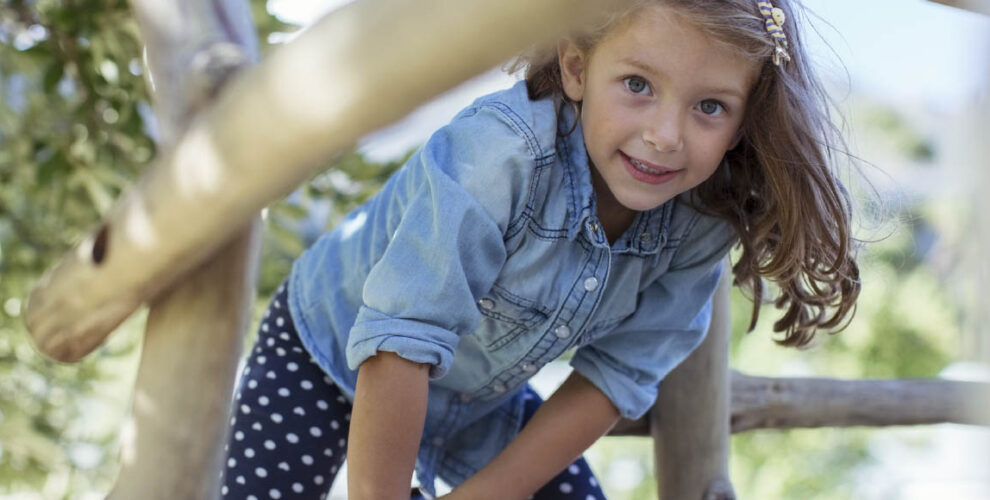By: Penfield Children’s Center
As a parent, it’s important to encourage your child to welcome a diverse group of friends into his life. Children of all racial, religious and economic levels can learn a lot from each other and can open up your child (and you!) to different ideas and ways of life. Another important type of diversity to consider in your child’s friendships is ability level. Children with special needs and those who are typically developing most often have the same interests. They like to play sports, dress up their dolls and race cars across the floor; they just might do these activities in a different way.
How can you encourage your child to play with children of all abilities?
Highlight their similarities
According to Parents.com, take a moment to talk with your child about some of the things your child and the other have in common. For example, just because your little one’s classmate might be in a wheelchair, does not mean he can’t shoot hoops with a typically developing child or sit at the kitchen table and color or play with playdoh. By taking the focus off the disability and focusing on the similarities, children realize that everyone is able; they just might accomplish a task or play in a different way.
Talk with the other child’s parents ahead of time
Does your child have a buddy with sensory challenges? Take a moment to learn about a few activities that the child does at home. Does he struggle with loud noises? If so, put away the noisy trucks for another day and play a board game or work on an art project together. This will not only reinforce the similarities between the two children, but allow them to bond over an activity that they are both comfortable with.
Celebrate what makes each child unique
While we all have things in common, we also have differences. Children with and without disabilities have strengths and weaknesses. Your child might be great on the soccer field, but have a tough time concentrating while reading, while his friend might have a sensory challenge, but be able to read books all afternoon. Encourage the children to use their talents to help each other.
Speak with your child about being a good friend at home and at school
The way children treat each other on playdates vs. at school can be entirely different. If a child is being made fun of or not included, it can sometimes be easier to just “go with the crowd” than stand up for a friend in need. Talk with your child about the importance of advocating for a friend and help him practice how to handle a situation where he would have to step outside his comfort zone and lend a hand. Check out these real-life scenarios for ways of responding and dealing with bullying.
When discussing your child’s friendships, make sure to avoid words that might label a child, such as “your special needs friend,” or “the girl with Down Syndrome.” Instead, let your little one know that he can “invite Jack to the park” or “call Becca to come play.” It is important to be open to questions though, so allowing your child to talk about a friend’s specific disability is a great way to educate him on what disabilities entail and how he can be a good friend to others who might have mobility or learning challenges. Also, pay attention to how you, the adult, treat others. Your child is constantly watching and modeling the behavior he notices and experiences at home.
How do you help encourage diversity in your child’s friendships?
Reference
http://www.huffingtonpost.ca/2017/08/22/special-needs-children-friends_a_23157897/



Leave a Reply